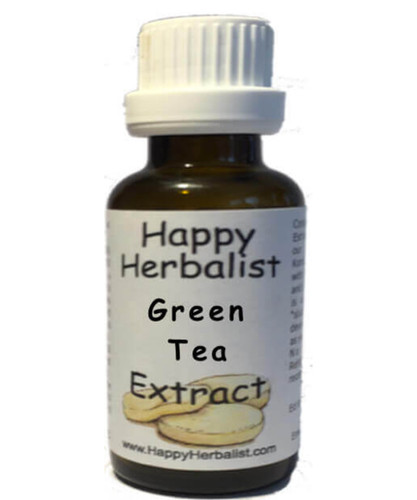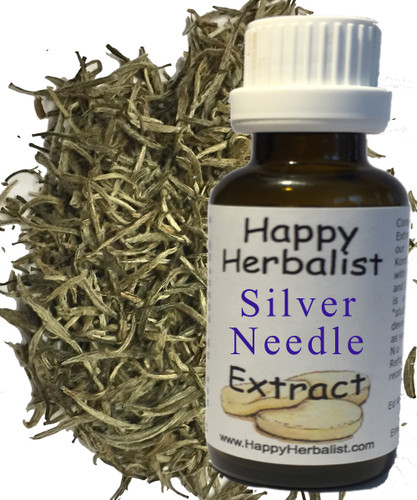Description
Traditional Chinese Medicine has long been treasured Camellia Sinensis (tea) as a herb that may be simply drunk daily (as a cup of tea) as well for its many uses in herbal formulas. TCM finds Black Tea to be more warming than Green Tea and is used more in the winter time. To gain any more immediate health benefits, you would need to drink around 3-4 cups of tea every day. You can also get your tea in capsule form, but there have been no studies done on the effectiveness of such pills. TCM still views tinctures or teas as the most effective form of medicine. The tea extract in liquid form has been researched and proven to be affective.
We use Certifed Organic F.T.O.P. (Finest Tippy Orange Pekoe) Black Tea.
Black Tea while not as rich in catechins as green tea possess similar health benefits.
The theaflavins in black tea show antioxidant properties in model laboratory studies. In a recent Polish study, the frequency of pancreatic cancer declined in relation to an increasing lifetime consumption of black tea. Other research has yielded similar results when studying the effect of black tea on cancer incidence.
A Dutch study of men aged 65 to 84 concluded that increasing intake of foods containing flavonoids - 61% from black tea, 13% from onions, and 10% from apples - was strongly linked to a lower rate of death from stroke and other coronary disease.
New findings presented by the CSIRO Division of Human Nutrition at the inaugural Australian International Symposium on Tea and Health in Sydney today have shown that tea may contribute significant protection against development of skin cancers caused by exposure to ultraviolet (UV) rays.
The latest research with mice found those given tea (with milk) experienced a reduction in the development of skin cancer of 50 per cent and a reduction in the development of papillomas of 70 percent.
Australia has the highest rate of skin cancer in the world. Currently two out of three Australians develop some form of skin cancer during their lifetime.
Ultraviolet radiation is present in the sun's rays throughout the year. The level of UV varies from day to day, and even on a clear day in September or April it is strong enough to burn your skin.
Tea is a rich source of special antioxidants called flavonoids, considered to be some of the most potent antioxidants in nature. Scientists believe antioxidants in the diet have an important role to play in the fight against diseases including cancer.
The important new CSIRO study examined the effect of providing tea with 10% milk, (compared to just 10% milk or just water) as the sole drinking fluid on UVA+B induced skin cancer in mice. The key finding was a significant reduction in the development of skin cancers in mice drinking tea with milk.
"These findings are significant because initially it was thought milk may bind to the flavonoids, and impact on the antioxidant properties and potential health benefits of tea. The most recent findings would suggest that the protective role of the flavonoids is enhanced in the presence of milk," said Dr. Ian Record of CSIRO Division of Human Nutrition.
"Intensive research is currently underway into tea flavonoids and how they may help protect the body from potentially harmful substances called free radicals. UV rays generate free radicals in the skin, which in turn inflict damage on the skin cells -- causing some cells to become cancerous," he added.
Black and Green Tea: How do they differ?
Both Green Tea and Black Tea come from the leaves of the plant Camellia Sinensis, however the processing that the leaves undergo to make the final tea is different. The leaves for black tea are fully fermented (oxidised) while those for green teas are lightly dried (lightly oxidised) Both both contain similar amount of flavonoids however they differ in their chemical structure. Green teas contain more of the simple flavonoids called catechins, while the oxidisation that the leaves undergo to make black tea converts these simple flavonoids to the more complex varieties called theaflavins and thearubigins. Oolong tea, is a partially fermented leaf, with a flavonoid profile midway between green and black tea. Although the oxidisation process modifies the type of flavonoids present, the total level and their overall antioxidant activity, is similar in both teas. Research is now suggesting that antioxidants, such as those found in both green and black tea, may have a protective role to play in certain conditions such as heart disease, stroke and some cancers.
Additional Details
- SKU:
- TBX











